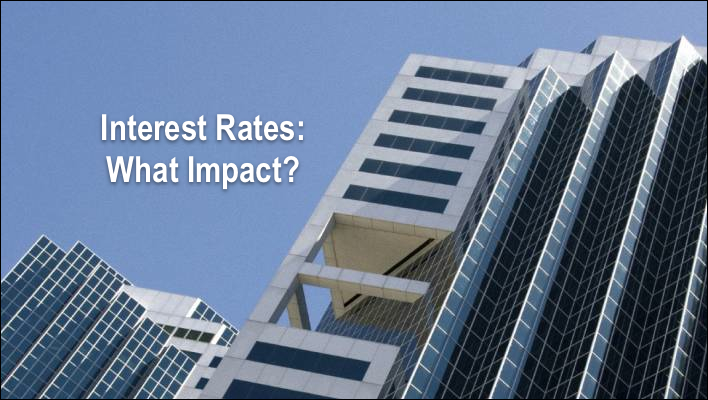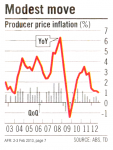
IN THE CURRENT low-rate environment, demand for property funding has spiked considerably over the past couple of years, fuelling some concerns in various quarters for a property bubble.
As a result, most of the major banks have loan portfolios heavily weighted to property.
Slowly but surely, this has resulted in increased competitiveness for the small business sector, which has resulted in some attractive terms being offered for small business loans.
Below are some tips about business loans in the current market. These will be useful if you are looking at purchasing a small business or expanding your existing business:
Borrow at Home Loan Rates
If you have equity in residential property, you may be able to borrow at home loan rates.
The major banks tend not to allow business purpose for loans through their home loan departments, and will unnecessarily sell their customers into more expensive business loan products.
If you have equity and can afford the repayments, there is no reason to have a bank overdraft (sold at rates up to 13% pa) or even bill facilities that are subject to frequent review.
Before taking out a business loan secured by a residential property, explore the market for possible home loans for business use, they will be much cheaper and more flexible.
A suitably qualified mortgage adviser will be able to do this for you at no cost.
Loan Terms are as Important as Loan Rates
Most businesses live and die on cash flow. Therefore it is important to look past just the interest rate and fees on a loan and consider actual repayments.
This is the major benefit for using home loans where there is sufficient equity in residential property as they can be taken out interest only and usually rolled over continually.
Banks offer “unsecured” business loans against some businesses.
But these are subject to sharp amortisation periods (anywhere from 1-7 year loan terms). So consider the actual repayments as well as the rate before progressing with a particular loan product.
Ensure You Have Sufficient Capital
You are unlikely to get over 50% of the purchase price of a business. The exception to this is for well-established franchises, for which borrowing can be as high as 70%.
As discussed earlier, you may be able to use equity in property to bridge the gap, but you need to consider from where the capital will be raised.
If you are purchasing a franchise, banks will hold approved franchise lists outlining the terms that the bank will extend against a particular business.
It is worth speaking to more than one bank (or engaging a mortgage adviser to do it for you) to make sure you are getting the best deal as banks will vary on terms extended against each franchise.
Learn About the Different Finance Options on Offer
For existing businesses there are many different types of financing that can assist with cash flow and growth strategies.
These include the following:
- Asset financing
- Debtor financing
- Invoice factoring
- Trade Finance
- Credit Insurance
- Overdrafts
- Bank guarantees
BOTTOM LINE: Too many business owners learn about these products only when they are in difficulty. Smart management demands that the right debt strategy be an integral part of any business planning.






















